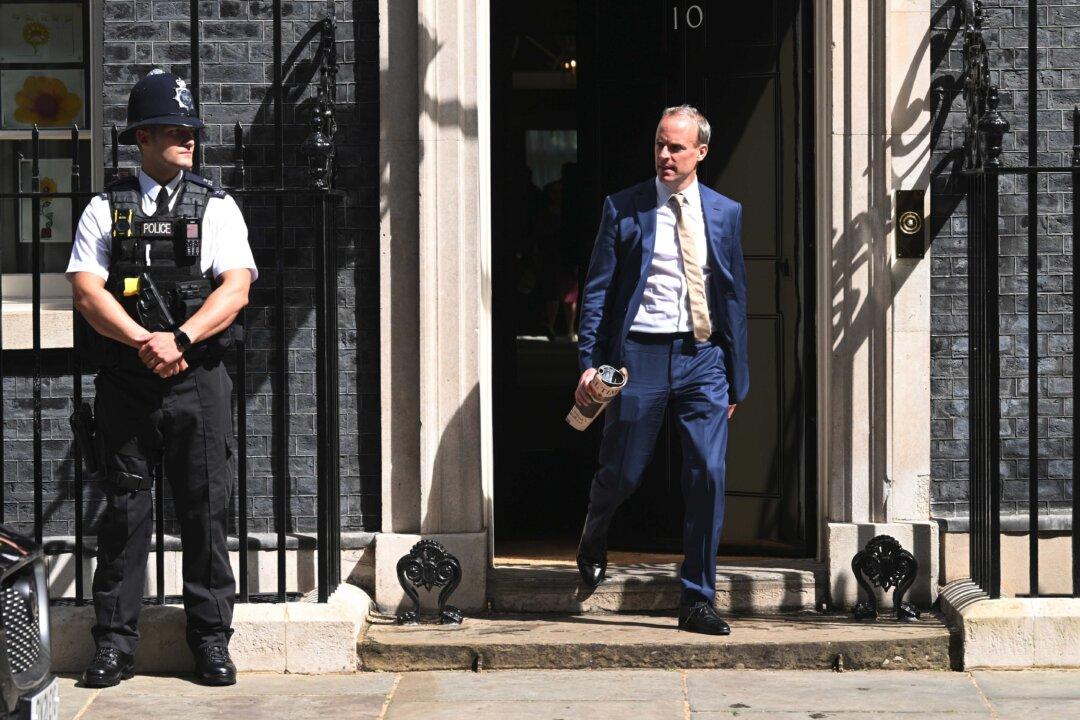Justice Secretary Dominic Raab is considering introducing electronic “sobriety tags” for criminals who have been released from prison after serving time for alcohol-related offences.
A similar scheme was rolled out in Wales last year and the plan is for 1,900 former inmates in England to be given the tags between now and 2024.





